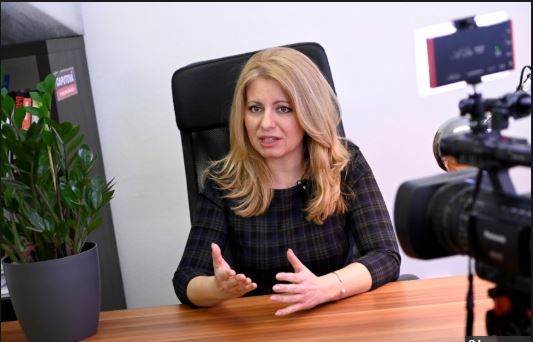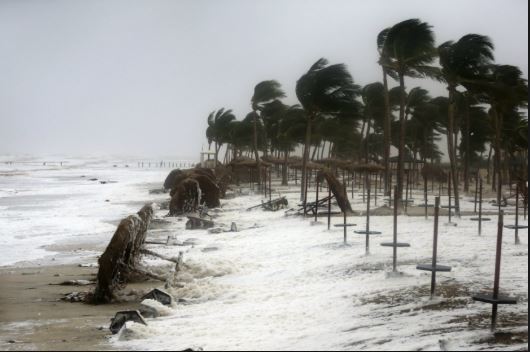An anti-corruption campaigner with no previous experience of public office is set to win Slovakia’s presidential election on Saturday as voters spurn the ruling Smer party one year after the murder of a journalist sparked mass protests.
The killing of Jan Kuciak, who reported on fraud cases involving politically connected businessmen, triggered the biggest anti-government protests in Slovakia since communism ended three decades earlier. It also led to the resignation of then prime minister, Smer leader Robert Fico.
Fico’s government remains in power, but Smer’s popularity has slumped. On the first anniversary of Kuciak’s murder, thousands of Slovaks rallied to protest against what they see as a lack of government action on the corruption he uncovered.
Polling stations opened at 7am local time (0600 GMT) across the European Union and NATO member country of 5.4 million people, and will close at 10pm. The two best performing candidates will face a run-off on March 30.
Polls show the Smer-backed candidate, EU commissioner Maros Sefcovic, trailing far behind political newcomer and lawyer Zuzana Caputova, whose endorsement by the protest movement has catapulted her to frontrunner position with support at more than 50 percent.
If elected, the 45-year-old Caputova, a pro-European liberal who belongs to the small, non-parliamentary Progressive Slovakia party, will stand out among the populist nationalist politicians on the rise across much of Europe.
“This election is the first opportunity for change after last year’s murder and subsequent public calls for decency, justice and fairness,” Caputova said in a Reuters interview on March 4.
The president does not wield day-to-day power but has veto power over the appointments of senior prosecutors and judges, pivotal in that fight.
The murder of Kuciak and his fiancee, who was shot dead alongside him, is still under investigation. The biggest breakthrough to date came just two days before the vote, when special prosecutors said they had charged businessman Marian Kocner, a subject of Kuciak’s reporting with connections across the political scene including with Smer, with ordering the murder.
“Caputova has a history of fighting for the common people as a public-interest lawyer and brings much-needed non-confrontational style and liberal values to the public debate,” Ivan Musak, 52, told Reuters as he cast his vote in Bratislava.
Mueller signals deeper role for Manafort ex-aide
Peter, a 69-year old pensioner who declined to give his full name, was concerned about her lack of political experience.
“Sefcovic is an experienced diplomat, he would be more capable of representing the country,” he said. “But I voted for him despite the Smer backing, not because of it.”
The last AKO agency poll before the vote published on March 1, showed support for Caputova at 52.9 percent and Sefcovic at 16.7 percent.
Supreme court judge and former justice minister Stefan Harabin, who is running as an independent, got 11.4 percent. He has gained support with promises to fight immigration and dismantle EU sanctions against Russia. He slams LGBT rights as “sick ideology” and says he would “renounce all international treaties that Slovakia joined under pressure”.





